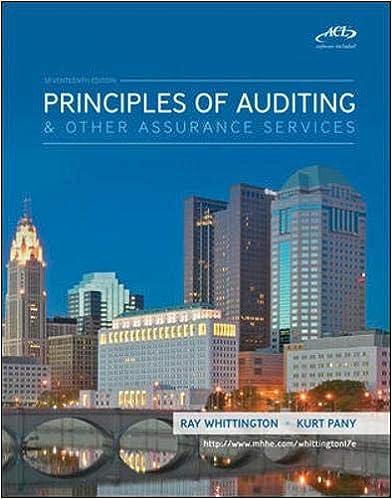
4.4. Suppose we observe lifetimes for 14 gear couplings in certain mining equipment, as given in Table 4.3 (in years). Some of these data are right censored because the equip- ment was replaced before the gear coupling failed. The censored data are in parentheses; the actual lifetimes for these components may be viewed as missing. Model these data with the Weibull distribution, having density function f(x) = abxb-1 exp{-ax"} for x > 0 and parameters a and b. Recall that Problem 2.3 in Chapter 2 provides more details about such models. Construct an EM algorithm to estimate a and b. Since the Q function involves expectations that are analytically un- available, adopt the MCEM strategy where necessary. Also, optimization of Q cannot be completed analytically. Therefore, incorporate the ECM strategy of conditionally maximizing with respect to each parameter separately, applying a one-dimensional 124 CHAPTER 4 EM OPTIMIZATION METHODS TABLE 4.3 Fourteen lifetimes for mining equipment gear couplings, in years. Right-censored values are in parenthesis. In these cases, we know only that the lifetime was at least as long as the given value. (6.94) 4.54 2.14 (3.65) (3.40) (4.38) 10.24 4.56 9.42 (4.55) (4.15) 5.64 (10.23) 5.50 Newton-like optimizer where needed. Past observations suggest (a, b) = (0.003, 2.5) may be a suitable starting point. Discuss the convergence properties of the procedure you develop, and the results you obtain. What are the advantages and disadvantages of your technique compared to direct maximization of the observed-data likelihood using, say, a two-dimensional quasi-Newton approach? 4.4. Suppose we observe lifetimes for 14 gear couplings in certain mining equipment, as given in Table 4.3 (in years). Some of these data are right censored because the equip- ment was replaced before the gear coupling failed. The censored data are in parentheses; the actual lifetimes for these components may be viewed as missing. Model these data with the Weibull distribution, having density function f(x) = abxb-1 exp{-ax"} for x > 0 and parameters a and b. Recall that Problem 2.3 in Chapter 2 provides more details about such models. Construct an EM algorithm to estimate a and b. Since the Q function involves expectations that are analytically un- available, adopt the MCEM strategy where necessary. Also, optimization of Q cannot be completed analytically. Therefore, incorporate the ECM strategy of conditionally maximizing with respect to each parameter separately, applying a one-dimensional 124 CHAPTER 4 EM OPTIMIZATION METHODS TABLE 4.3 Fourteen lifetimes for mining equipment gear couplings, in years. Right-censored values are in parenthesis. In these cases, we know only that the lifetime was at least as long as the given value. (6.94) 4.54 2.14 (3.65) (3.40) (4.38) 10.24 4.56 9.42 (4.55) (4.15) 5.64 (10.23) 5.50 Newton-like optimizer where needed. Past observations suggest (a, b) = (0.003, 2.5) may be a suitable starting point. Discuss the convergence properties of the procedure you develop, and the results you obtain. What are the advantages and disadvantages of your technique compared to direct maximization of the observed-data likelihood using, say, a two-dimensional quasi-Newton approach







